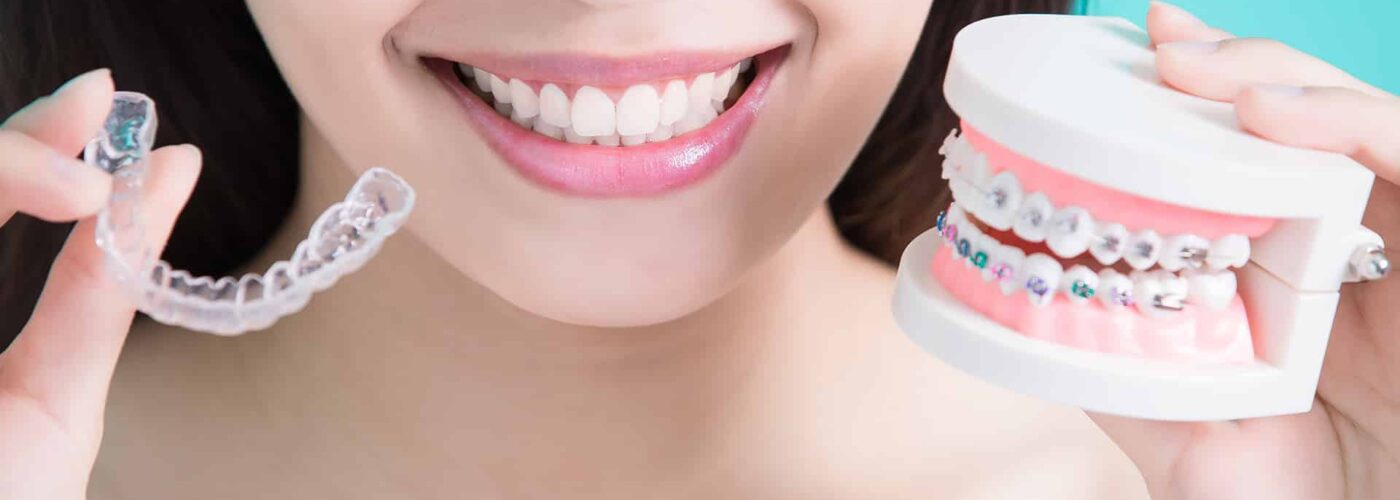Orthodontic problems have been around for a lot longer than most people realise – even Neanderthals displayed evidence of dental irregularities that could have benefited from the knowledge we have now. Add to your trivia night repertoire with five facts about orthodontics that you probably didn’t know:
Orthodontics has Greek origins
While the practice of orthodontics was actually started by a Frenchman, the word ‘orthodontics’ comes from Greece. ‘Ortho’ means to straighten or correct, while ‘odont’ comes from the Greek word odous, which means tooth.
The first of its kind
Pierre Fauchard, a French dentist, wrote about an orthodontic appliance in his 1728 book on dentistry, The Surgeon Dentist: A Treatise on the Teeth. The bandeau was a horseshoe-shaped piece of metal that was tied to the teeth to help align them. Thankfully, we’ve come a long way since then!
The Midas touch
Today, orthodontic appliances can be made from different materials including metal, plastic and even ceramics.
Crooked teeth are nothing new
We already mentioned that many Neanderthals had evidence of crooked teeth, but did you know that archaeologists have found Egyptian mummies with crude metal bands wrapped around their teeth? Even Hippocrates was writing about ‘irregularities’ of teeth around 400 BC.
Orthodontics is a dental specialty
The first ever orthodontist – that is, a qualified dentist who limited their practice to moving teeth and aligning jaws – was Edward H. Angle, an American who is often thought of as the father of modern orthodontics. He went on to found the American Society of Orthodontists and taught in the field in the United States.
Closer to home, the Australian Society of Orthodontists was formed in 1927, meaning that members of the ASO have been creating better smiles for over 90 years. All ASO members are qualified dentists, who went on to complete an additional three years of study and training in the field of orthodontics to become dental specialists aka “Orthodontists”.
Considering orthodontic treatment? You can use our Finder Tool to see if the provider you’re speaking to is a registered specialist orthodontist or to find a specialist orthodontist in your area.










